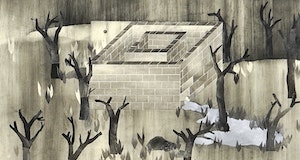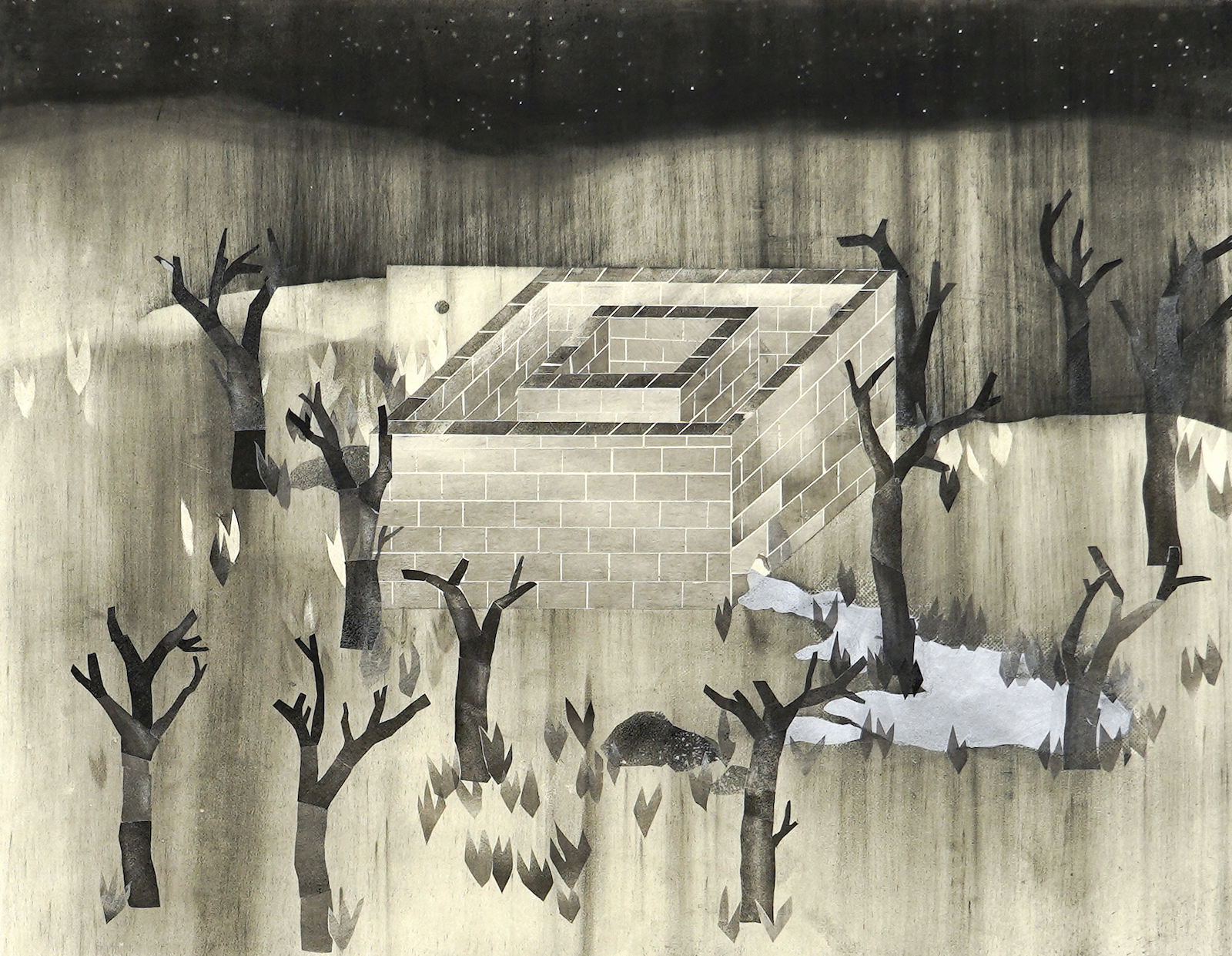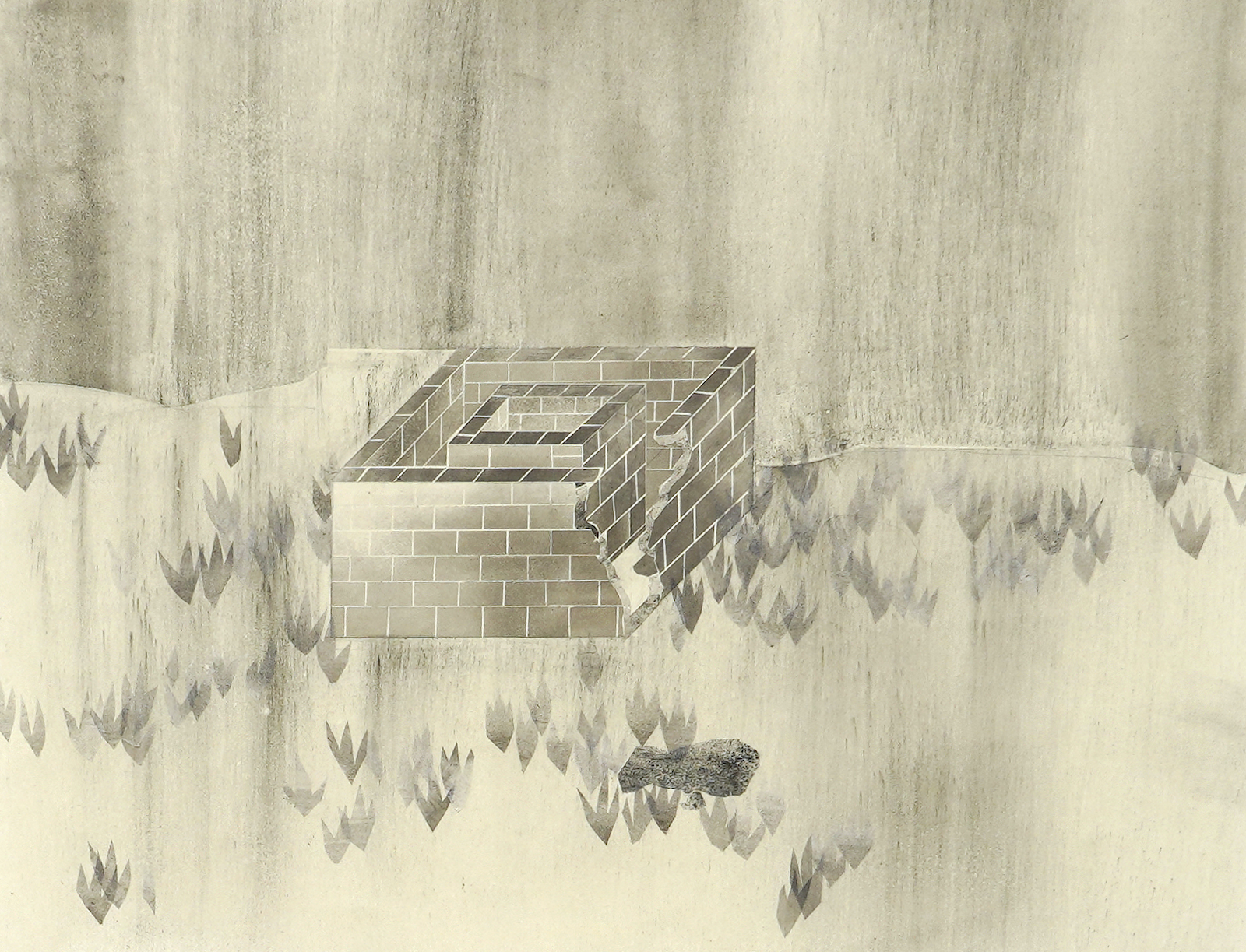Use your up, down, left, and right keys, or click within to navigate.
Sa'dia Rehman - Dan Jian - Nayeon Yang
Shadows affirm presence in our world, the exhibition If Shadows Could Shine delves into traumas, histories, and memories that saturate the lives of marginalized communities, residing in a shadowless void.
The three featured artists in this exhibition guide this artistic exploration, reimagining these removed and erased narratives to challenge the prevailing world order. Sa'dia Rehman attempts to construct a mobile mosque symbolizing climate devastation, tracing their family's displacement in 1974 from an area along the Indus River in Pakistan due to the construction of the Tarbela Dam. Dan Jian navigates the intersection of spaces and self-contemplation, blending dream-like recollections of Chinese cultural symbols to create landscapes filled with imagination and mystery, frozen in a shadowless, timeless liminal space. Nayeon Yang probes the impact of global capitalization on migrant labor exploitation within and beyond South Korea, problematizing the entangled relationships among nations, labor, capital, and the arts.
In tracing family, cultural, and historical lineages, the artists assert value and disrupt hegemonic narratives, both materially and metaphorically. As we collectively unearth the elusive and obscure, If Shadows Could Shine beckons each of us to look closer into both the world at large and what lies immediately around us.
The three featured artists in this exhibition guide this artistic exploration, reimagining these removed and erased narratives to challenge the prevailing world order. Sa'dia Rehman attempts to construct a mobile mosque symbolizing climate devastation, tracing their family's displacement in 1974 from an area along the Indus River in Pakistan due to the construction of the Tarbela Dam. Dan Jian navigates the intersection of spaces and self-contemplation, blending dream-like recollections of Chinese cultural symbols to create landscapes filled with imagination and mystery, frozen in a shadowless, timeless liminal space. Nayeon Yang probes the impact of global capitalization on migrant labor exploitation within and beyond South Korea, problematizing the entangled relationships among nations, labor, capital, and the arts.
In tracing family, cultural, and historical lineages, the artists assert value and disrupt hegemonic narratives, both materially and metaphorically. As we collectively unearth the elusive and obscure, If Shadows Could Shine beckons each of us to look closer into both the world at large and what lies immediately around us.
Yi Cao is contemporary art curator and writer based in Chicago and Beijing. She currently serves as the Director for the Society for Contemporary Art at the Art Institute of Chicago.






















